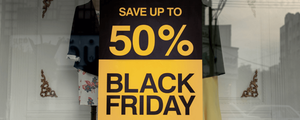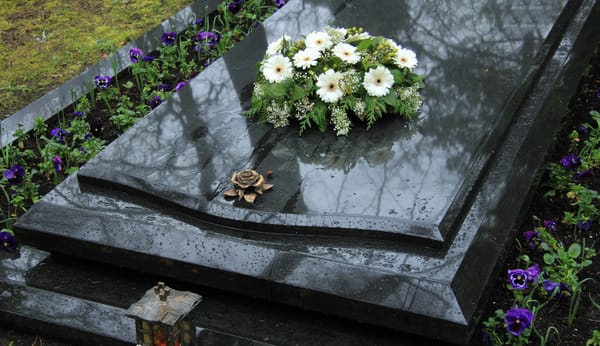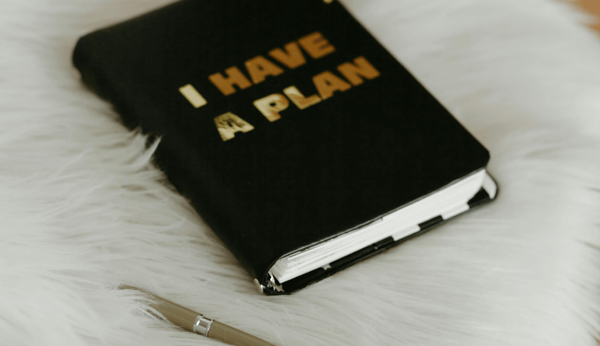If you’re one of the lucky people that qualifies for a 13th cheque or bonus this time of the year, you’re likely itching to spend it all on a festive-season treat. Or put it towards your summer activities. Or use it to level up your Christmas gifting game.
While all of these might be good and deserving places for your extra money, we’re going to make a case for investing in the future you, too. Here’s how you can have the best of both:
1. Spend 10% on nice-to-haves
You’ve worked hard for the money you’ve earned (13th cheque included), so you should reap the rewards of that cheque. Spend 10% without guilt or responsibility on something that gives you joy, and savour it.
2. Pay off your debt
Once you’ve got the big-spending urge out of your system, sit down to work out how you’re going to responsibly allocate the remaining 90% of your extra funds. This is a great opportunity for you to pay off some high-interest debt that you’ve been struggling to keep on top of, and start the new year with more financial peace of mind. Alternatively, it’s also a good opportunity to put a lump sum payment to chip away at your bigger debts, like your student or home loan.
3. Use the opportunity to set up an emergency fund
Start the new year with some extra padding (extra financial padding – not the Christmas dinner-induced kind) by adding to or starting an emergency fund. An emergency fund is your go-to stash when you’re in a pickle with an unexpected, unbudgeted cost: when the geyser bursts, for example, or your car breaks down and is in need of a new engine.
An emergency fund is often 3-6 months’ salary, and helps you avoid stressing about going into high-interest debt and focusing rather on resolving the emergency.
Want to read more about setting up an emergency fund? Here are some of our top resources:
- What is an emergency fund?
- How to handle financial emergencies
- Should you pay off debt or save in an emergency fund?
4. Kickstart Your New Year’s Financial Goals
You’ve probably noticed that we’re big fans of financial goals here at Franc – that’s why we’ve designed the investing experience around your goals!
Whether you’ve decided to start investing towards a house deposit, you’re eyeing out an extra course to upskill yourself, or you want to start investing towards your child’s tertiary education, give yourself a headstart with your 13th cheque or bonus and you’re likely to feel that motivation well into the new year.
5. Top Up Your Investments
Last, but certainly not least, boost your 13th cheque or bonus with the power of compound growth by depositing it into your long-term investments. You’ll be that much closer to reaching your retirement goal, you’ll level up your future wealth, or the future you will just generally appreciate how much you thought of them.
Have Some 13th Cheque FAQs?
If you have some questions regarding your 13th cheque or bonus, read our answers below:
Who qualifies for a 13th cheque?
Some companies will build a 13th cheque into the employee package as a negotiating tool, or set it as company policy. However, it’s not every company's policy to pay a 13th cheque, and it’s not required by law.
What’s the difference between a 13th cheque and a bonus?
White a 13th cheque is often built into company policy and guaranteed by the company as part of the employee’s package, a bonus is based on company or individual performance and is at the discretion of the company to award.
How is a 13th cheque calculated?
To calculate a traditional 13th cheque, simply divide your annual salary by 12.
Do you pay tax on your 13th cheque?
The excitement of a 13th cheque or bonus can sometimes be dampened when you take home a smaller paycheque than you expected. Bear in mind that a 13th cheque can push you into a higher tax bracket because it’s part of your annual salary. If a 13th cheque is part of your contract, make sure you’re aware of how the company has worked this into your monthly payments and deductions so you know what to expect at the end of the year.
On the flipside, sometimes your 13th cheque is bigger than your normal monthly cheque – despite a heftier tax deduction – because you don’t have the other deductions coming off (like medical aid or your pension fund, if your company contributes towards this). That’s the good kind of surprise!










